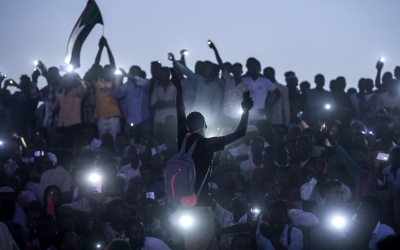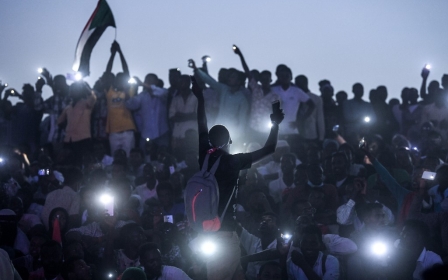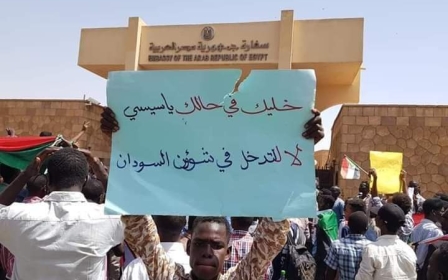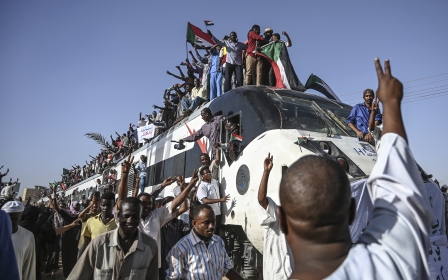Sudan 'close' to formation of new body to lead transition from Bashir rule

Sudan's opposition alliance and the ruling military council said on Saturday that they were close to agreeing on the formation of a new body to lead the country's transition process.
Plans for the new transition process come as Sudan continues to grapple with rebuilding after the Transitional Military Council (TMC) ousted former President Omar al-Bashir earlier this month.
The TMC had said it would rule the country for two years ahead of elections.
Opposition groups and protesters who have kept up a sit-in outside the defence ministry want a civilian-led transitional council with military representation.
A top opposition leader called for Sudan to join the International Criminal Court, which has indicted Bashir.
Sadiq al-Mahdi, a former prime minister and head of the opposition National Umma Party that has backed the protests, also told reporters that the army's ouster of Bashir was "not a military coup".
Under an umbrella group known as the Declaration of Freedom and Change Forces, the opposition met the TMC on Saturday to try to resolve the standoff.
"Today we have taken positive steps and we expect to reach an agreement satisfactory to all parties," said Ayman Nimir, an opposition negotiator.
"We expect to receive a response from the military council regarding the formation of a sovereign council within hours."
Shams El Din Kabbashi, a TMC spokesman, also said the talks had gone well.
"God willing the talks will continue this evening and we are very optimistic that we can reach a final result and announce it to the Sudanese people," he said.
The TMC has dismissed and arrested some former officials, announced anti-corruption measures and promised to give executive authority to a civilian government, but has previously signalled that ultimate authority will remain in its hands.
Bashir was overthrown and detained by the military after 16 weeks of protests triggered by a deepening economic crisis.
Middle East Eye delivers independent and unrivalled coverage and analysis of the Middle East, North Africa and beyond. To learn more about republishing this content and the associated fees, please fill out this form. More about MEE can be found here.





